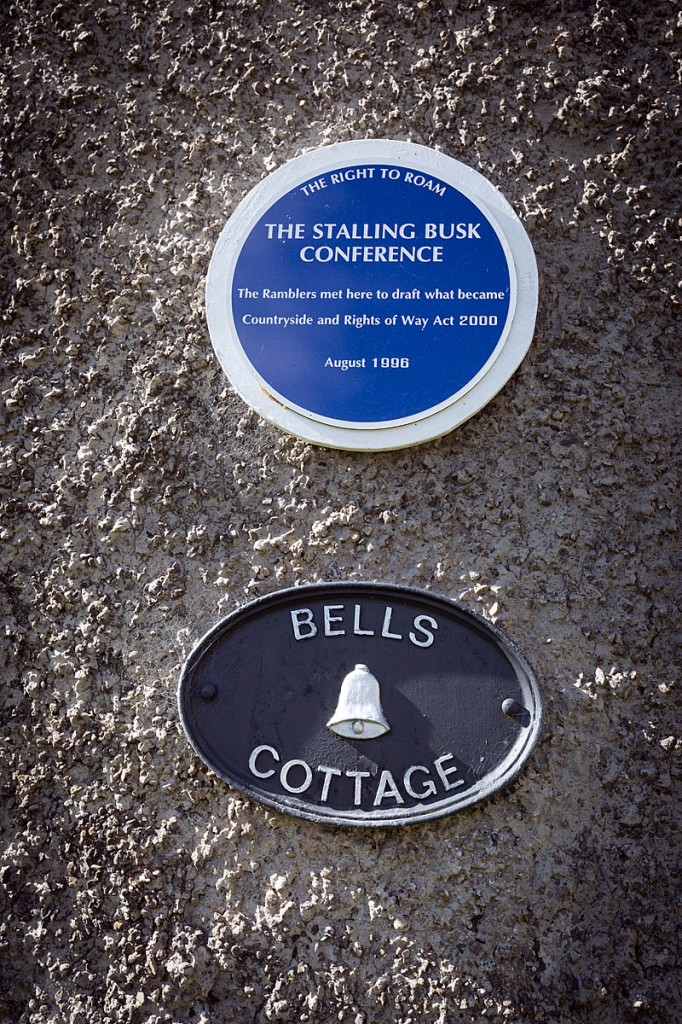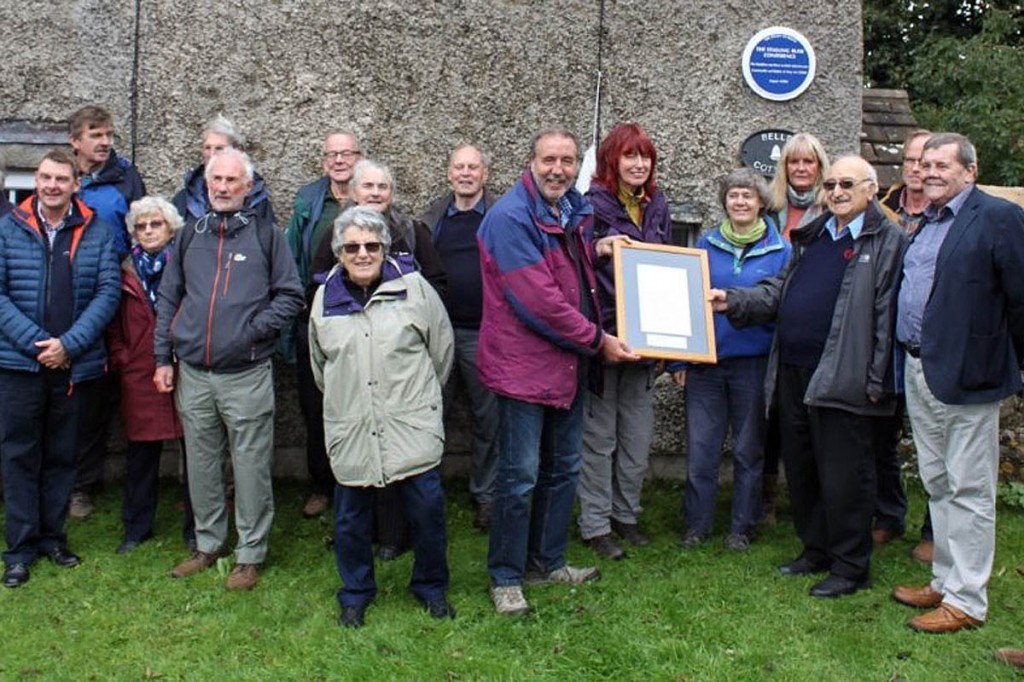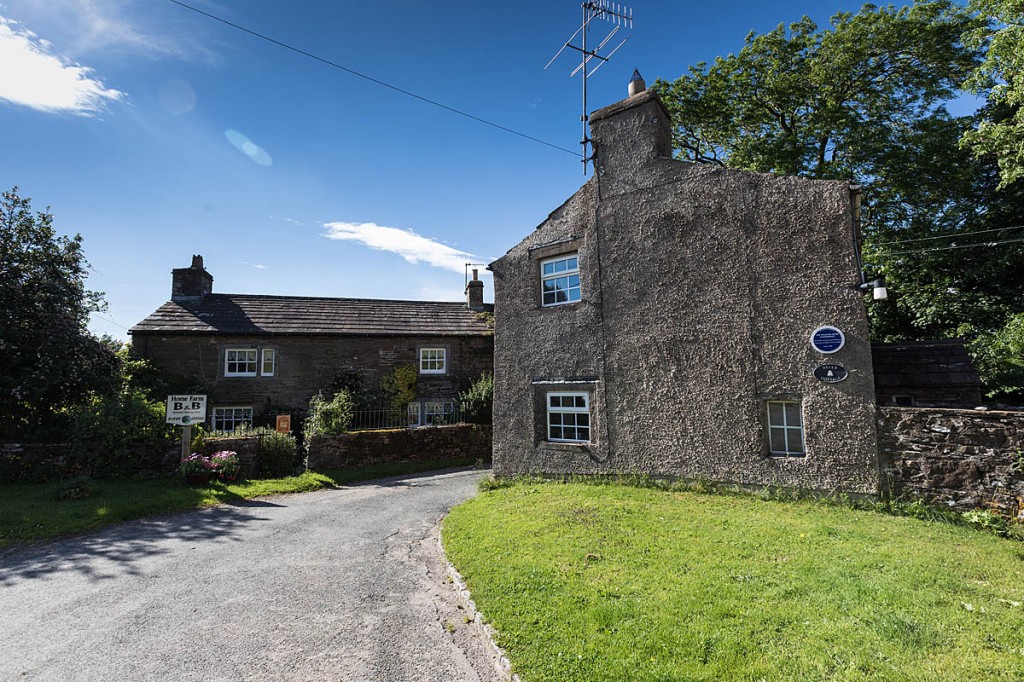Members of the Ramblers joined a national park chairman at a remote Yorkshire Dales hamlet to mark a key meeting place in the campaign for countryside access.
The walkers’ charity vice-president Janet Street Porter unveiled a blue plaque on a cottage in Stalling Busk in Raydale to mark a conference that took place there.
The Stalling Busk Conference of 1996 formulated a prototype access bill that would lay the foundations of the Labour Government’s Countryside and Rights of Way Act four years later, giving walkers extended rights to roam certain areas of mountain, moorland, common land and heaths in England and Wales.
Yorkshire Dales National Park Authority chairman Carl Lis at the gathering last weekend that the legislation had a momentous impact, increasing the area of open access land in the national park from four per cent to about 62 per cent overnight.
Mr Lis said: “The right to roam legislation brought about an extraordinary change that, in spite of all the doom-mongers saying it would be something of a disaster, has proved to be a wonderful asset – and attractor of people – to the Yorkshire Dales.
“The greatest accolade that I can pay to those responsible for developing and introducing the new access legislation is that their legacy is one that will be felt by generations to come.”
The 1996 conference was held in the old school house at Stalling Busk, next door to a cottage owned by Jerry Pearlman, the Ramblers’ former honorary solicitor and an ex-member of the Yorkshire Dales National Park Authority. The plaque is on the cottage.
Jerry Pearlman said: “We needed somewhere quiet, somewhere where we could think carefully about what we were proposing. Stalling Busk was the perfect place for that. The conference focused minds and generated momentum. It was an important occasion and means much to the Ramblers.”
A year after the Stalling Busk Conference, MP Paddy Tipping introduced a bill – by then called the Access to the Countryside Bill – to the Commons, under a 10-minute rule bill. This tested the waters.
Some months later another MP Gordon Prentice brought a private member’s bill, the Right to Roam Bill, which was the same as the Access to the Countryside Bill, but with more detail.
The Government announced on 8 March 1999 that it would support a right to roam. Gordon Prentice withdrew his bill to pave the way for the Government’s Countryside and Rights of Way Bill.
In a briefing note written before the unveiling of the plaque in Stalling Busk, Jerry Pearlman said: “I remember the civil servant dealing with drafting the new bill saying that she did not have to start with a clean sheet of paper. She could take our bill and use it as the basis for the legislation.
“Future generations will decide whether the right to roam is a good or necessary thing. I think it can be seen as one of the greatest changes in English land law that ever took place.”
Unveiling the plaque, Ramblers’ vice-president Janet Street-Porter said: “There are three basic freedoms: the freedom to vote, the freedom to be equal, and the freedom to walk in as many places as possible.
“The 1996 meeting was a vital step in the Ramblers’ campaign towards the third of those freedoms.”


